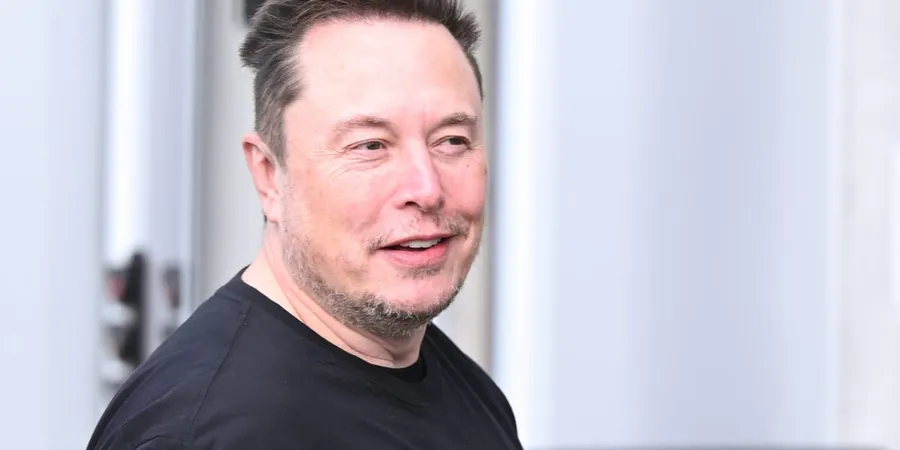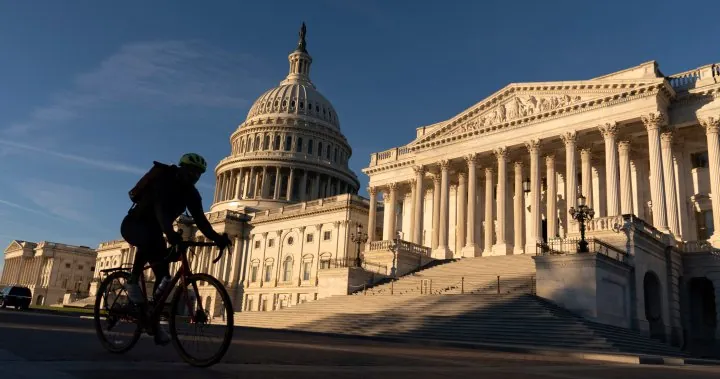
Hedge Funds Face Heavy Losses as Tesla Surges — The Trump Effect Explained!
2024-11-10
Author: Liam
In a shocking twist of events, hedge funds that had short positions against Tesla between Election Day and the recent market close have suffered massive losses amounting to at least $5.2 billion, according to calculations from Bloomberg, utilizing data from S3 Partners. This staggering figure highlights the risks involved in betting against a company that has shown immense resilience and growth.
Many hedge funds found themselves on the wrong side of the trade. The number of funds shorting Tesla has drastically decreased over the past four months, especially after CEO Elon Musk publicly endorsed Donald Trump in mid-July. This shift in sentiment from hedge funds correlates with Musk's increasing political influence, as he has emerged as one of Trump’s most significant billionaire supporters, sinking substantial funds into the 2024 election campaign.
Tesla shares have experienced a remarkable rally, rising nearly 30% since the election on November 5, resulting in an increase of over $200 billion in market value. This surge has led many hedge funds, which previously had short bets against the electric vehicle (EV) giant, to scramble and reverse their positions. As of November 6, only 7% of hedge funds were net short on Tesla — a steep drop from 17% in July, illustrating the rapid changes in the investment landscape.
While Tesla booms, the broader EV industry is reeling, with a significant drop of over 12% this year, as demonstrated by the decline in the KraneShares Electric Vehicles and Future Mobility Index ETF. Investors are understandably cautious, given the rising competition, global trade issues, and an apparent softening in consumer demand for electric vehicles. Even with all these challenges, Tesla's stock doubled in 2023, contrasting sharply with the fortunes of its peers.
Interestingly, Tesla's stellar performance is juxtaposed against declines in the renewable energy sector as investors digest the implications of Trump's election victory. Concerns over potential cuts to clean-energy incentives have rattled stocks across the spectrum of renewable energy, from wind to solar. Musk's close ties with Trump may play a significant role in shaping Tesla's future, but experts are divided on whether this will ultimately be beneficial or detrimental.
Per Lekander, CEO of Clean Energy Transition, anticipates that within a year to eighteen months, the Trump administration's policies could negatively impact Tesla. He warns that the administration may eliminate critical subsidies that Tesla has capitalized on, potentially leading the automaker into turbulent waters. Musk’s aspirations to take on a role in Trump’s administration, particularly as a “Secretary of Cost Cutting,” add another layer of complexity to this precarious situation.
As Musk capitalizes on his newfound political influence, his fortune has skyrocketed. Following the election, the sharp rise in Tesla's stock added $50 billion to his net worth. He has been actively backing Trump, pouring over $130 million into his campaign and other Republican efforts, a move that now seems to play a significant role in Tesla's soaring stock price.
Analysts are observing closely, as Lekander suggests that approximately a third of Tesla's current valuation, hovering around $300, can be attributed to the Trump effect. The shifting dynamics highlight the intricate relationship between politics and the stock market, particularly in the tech and automotive sectors where regulations and incentives play crucial roles.
The question remains: as Trump settles into office, will Tesla continue to thrive, or will the changing political tides usher in new challenges? Only time will tell, but one thing is clear — the gamble of shorting Tesla may prove to be one of the costliest miscalculations in the hedge fund world.









 Brasil (PT)
Brasil (PT)
 Canada (EN)
Canada (EN)
 Chile (ES)
Chile (ES)
 España (ES)
España (ES)
 France (FR)
France (FR)
 Hong Kong (EN)
Hong Kong (EN)
 Italia (IT)
Italia (IT)
 日本 (JA)
日本 (JA)
 Magyarország (HU)
Magyarország (HU)
 Norge (NO)
Norge (NO)
 Polska (PL)
Polska (PL)
 Schweiz (DE)
Schweiz (DE)
 Singapore (EN)
Singapore (EN)
 Sverige (SV)
Sverige (SV)
 Suomi (FI)
Suomi (FI)
 Türkiye (TR)
Türkiye (TR)